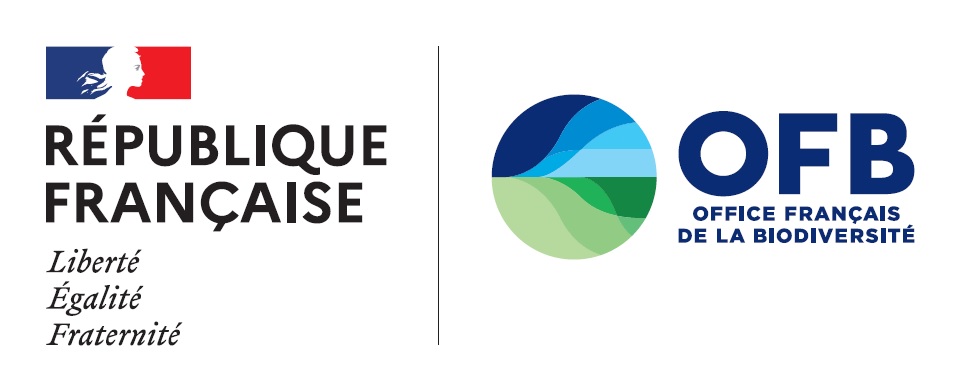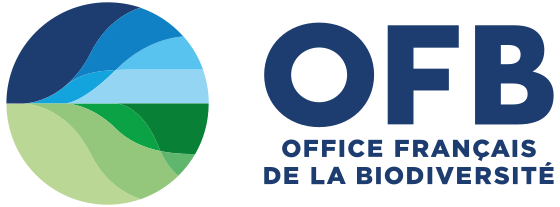All the English documents
These English part of the Agency Technical Portal only propose you translated and edited versions of collections publications or other documents. Here is the search in all these documents.
More resources are available on the French website.
Diagnosing and restoring aquatic biodiversity | Meetings recap |
The 2 days of discussions between scientists and water managers were an occasion to present some 30 partnership-research projects on aquatic biodiversity. Following a status report on biodiversity in aquatic environments, the speakers presented a range of innovative tools for monitoring and restoring biodiversity in a context of global climate change. Recap.
Structural characteristics of priority abstractions of use in designing protection systems | Knowledge for action |
The legal texts stipulate that an action plan must be defined and implemented for priority abstractions with the local stakeholders. In this difficult situation, the local stakeholders are all looking for effective, practical solutions in the field. To assist in this work, a study covering the entire country was carried out to gain information on suitable strategies taking into account specific, local conditions.
Invasive exotic crayfish: present situation and management approaches - n°22 | Meetings |
Out of the 9 crayfish species inventoried in France in 2013, 6 were introduced during the XXth century. 3 of them are well-known invasive. In response to an increasing need for more knowledge and solutions, an unprecedented research effort has been led in Brière since 2010. All these studies, along with others led elsewhere in France, were presented during the first French meeting on invasive exotic crayfish.
Mapping techniques and hydrogeological models to characterise seawater intrusion in french coastal aquifers and asses the potential impact of sea-level rise | Knowledge for action |
Natural seawater intrusion, whether coupled with an anthropogenic influence or not, risks contaminating the freshwater contained in the underground reservoirs. This document presents, via examples, a number of tools that can be used to qualify seawater intrusion and the potential impact of a sea-level rise on salinity levels in coastal aquifers.
Improving control over nutrients by restoring river hydromorphology | Knowledge for action |
Scientific research on the relations between hydromorphology and nutrient-transformation processes has increased over the past few years. This review of the literature presents the most noteworthy aspects of current knowledge and a number of examples.
Diagnosing and restoring aquatic biodiversity - n°21 | Meetings |
The national symposium on The outlook for managing aquatic biodiversity in rivers and lakes was an occasion to report on some 30 partnership-research projects in the field of aquatic biodiversity. Following a status report on biodiversity in aquatic environments in France, the meeting went on to present a range of innovative tools for monitoring and restoring biodiversity in a context of global climate change.
Observed trends in river flow rates in France | Knowledge for action |
On the whole, water resources in France are sufficient, however, there are significant differences between regions and times of year. Local shortages have increasingly led to restrictive measures on water usage. Why do water shortages occur? Are water resources in fact becoming more rare? Is this situation linked to excessive human usage or climate change? This document studies the fluctuations in water resources caused by climate factors in order to answer these questions.
Optimising the design and management of installations in the framework of the management plan to save the eel | Meetings recap |
The Eels & Installations R&D programme targeted a number of operational goals that resulted in the development and testing of technical solutions designed for rapid implementation in the field. All programme results were presented at the feedback symposium which brought together researchers, water managers, associations and hydroelectric companies. This document presents the results of the programme to restore eel stocks.
Lessons from the national PCB action plan - n°18 | Meetings |
France launched a PCB action plan that produced considerable progress in our understanding of PCB transfers from sediment to fish and of the degree to which humans are exposed. The goals of the plan were met, notably concerning the establishment of thresholds for PCB contamination of sediment, above which fish are no longer suitable for consumption. These results raise the question of the lessons to be drawn from this situation for «emerging» contaminants. That was one of the main topics of the feedback symposium for the action plan.
Research update on climate change and low-flow conditions in France - n°17 | Meetings |
Scientists and water managers discussed the current directions taken by the quantitative hydrology research in France. The discussions addressed in depth the linked issues of climate change and the management of low-flow conditions, a major social and ecological issue. This document reports on progress in research and on the remaining issues.













